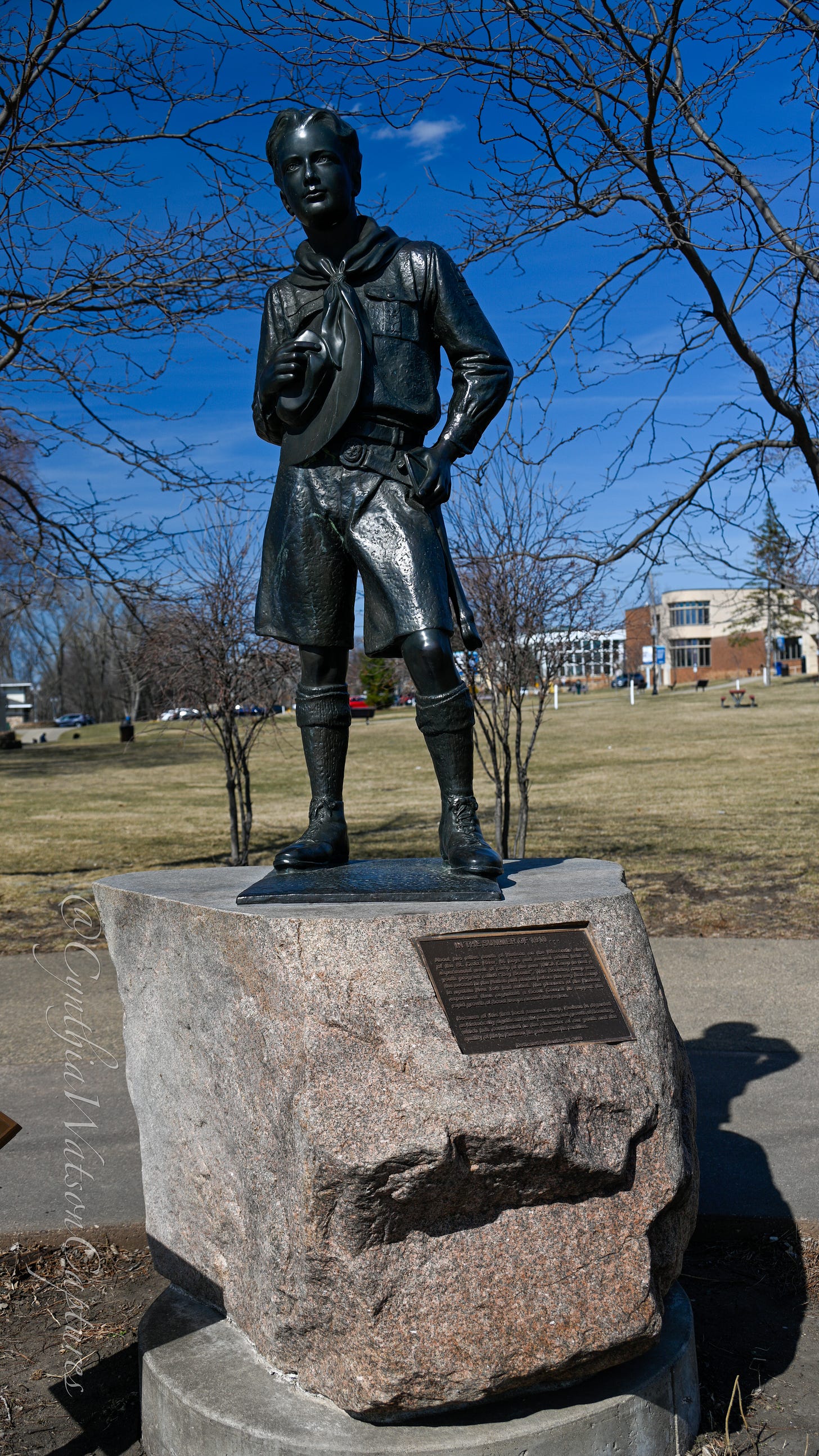Those optimistic that a decisive military defeat of China will end the island’s vulnerability to PRC demands for reunification would do well to consider a report from today’s Guardian. Three soldiers in the presidential security detail were among four individuals prosecuted by Taiwan’s authorities for espionage on Beijing’s behalf. Their convictions garnered each between five and seven years’ imprisonment. The presidential detail, of course, is the equivalent of the Secret Service. The fourth soldier was in the Ministry of Defense’s information and communication command. They betrayed their society by taking photographs of crucial targets in exchange for bribes. It must have been a chilling revelation for President Lai Ching-te today and his predecessor Tsai Ing-wen.
This occurred within an ever-increasing number of spying cases further undermining the RoC’s determination to maintain its current separate status, regardless of its de jure position in the global community. Since 2022, the report cites roughly two dozen additional criminal trials for spying annually. The government in Taibei proudly notes these increased prosecutions but faces a daunting task—as does any government around the globe today—in thwarting China’s espionage efforts. The Guardian cites Taiwan’s acknowledged challenge as 5,000 spies operating on the island eight years ago but that number sounds small to my untrained eye.
This week’s U.S. intelligence community 2025 Annual Threat Assessment highlighted the Chinese attempts to undermine our system where we have a far more robust intelligence community. But the size of Taiwan’s counter-intelligence operations isn’t the crux of the problem. Taiwan’s population, even those native to the island for generations, almost invariably have links back to communities on the mainland. Most people on Taiwan have no specific physical markers of being natives—nor do infiltrators appear “foreign”. Taiwanese is a separate dialect from those spoken in China but not unrecognizable because it’s close to Fujianese along the southeast coast. Mandarin serves as the unifying language for commercial operations fundamental to the island’s economy, linking them to that single largest trading partner China. It might have been apocryphal but twenty years ago Taiwan’s national security community acknowledged that a million (out of a population of 23 million at the time) Taiwanese businessmen worked on the mainland on any given day. Many of those individuals had second or third families on the mainland, only complicating things further. This is a counter-intelligence nightmare for recruiting military personnel or any sensitive government position. It’s almost as if there is no need for “Fifth Column” infiltration as the intertwining of the populations is pervasive.
Taiwan’s aspirations for retaining autonomy simply butt up against some harsh realities beyond geography. The report indicates that Taibei is increasing military pay which is a tentative but relative step: military service remains less than desirable in a booming commercial economy. Single child families, much as true across northeast Asia, do not want their sons to serve for fear of the family line ending. President Lai’s recent proclamation that Beijing is a major hostile force is insufficient, particularly in a democracy, to assure that the country would either have the resources or the political will to seal themselves off from China. Indeed, the major opposition party, the Guomindang, still harbors efforts by former president Ma Ying-jeou to bring the two societies closer together.
In the end, Taiwan’s future depends on political will more than any other single factor. I would argue that will is unclear at present. Even if Taiwan were to abandon the dynamic, spirited democracy it developed over the past thirty plus years following the end of martial law to protect against Beijing, the threats its position as a Taiwanese nation are many. We are naive to assume we can make a difference if Taiwan isn’t sure what it seeks but I am not convinced that a majority on this beautiful, enchanting island have answered that question yet.
Thank you for taking time to consider these issues and consequences. I welcome your comments, rebuttals, or thoughts of any type. A dialogue is multiple voices so please offer yours.
Thank you to all readers but especially the financial subscribers who make this possible. An annual subscription is just over a dollar a week. Monthly subscriptions are $8 each. But your investment helps me a great deal.
We are concluding an early spring visit to the heartland today. Being a midwesterner, I recognized the local spirit effused with statues, flags, and openness vistas. Yesterday we ventured to the lovely town of Hudson, Wisconsin. While I would prefer seeing the trees green and flowers providing color across the town, it was a lovely afternoon for a walk along the St. Croix River.
Get outside this weekend if weather permits as I am convinced the sun makes it all better at this time of the year. Be well and be safe. FIN
Helen Davidson, “Taiwan jails four soldiers, including three who worked in presidential office, for spying for China”, TheGuardian.com, 27 March 2025, retrieved at https://www.theguardian.com/world/2025/mar/27/taiwan-jails-four-soldiers-including-three-who-worked-in-presidential-office-for-spying-for-china?CMP=Share_iOSApp_Other
Office of the Director of National Intelligence, 2025 Annual Threat Assessment of the U.S. Intelligence Community, dni.gov, 25 March 2025.
“Taiwan President Formally Designates China a ‘Foreign Hostile Force’”, StraitsTimes.com, 14 March 2025, retrieved at https://www.straitstimes.com/asia/east-asia/taiwan-president-formally-designates-china-a-foreign-hostile-force





